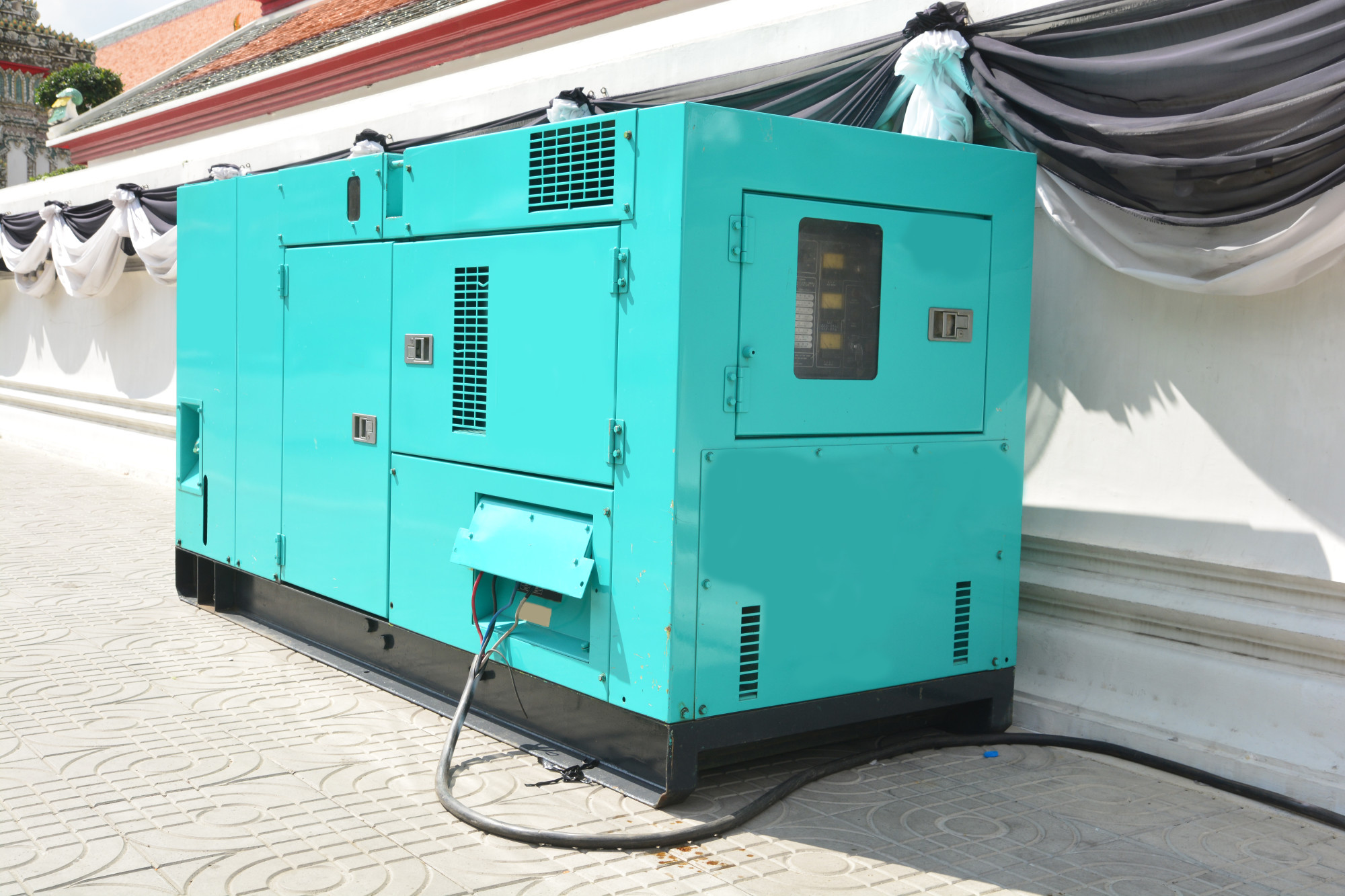Diesel Generators for Altitude Testing Ensuring High-Performance at High Altitudes
Introduction: Altitude testing plays a crucial role in a wide range of industries, including aviation, automotive, and electronics. The ability to test products and equipment under high-altitude conditions is essential for ensuring their performance, reliability, and safety in environments where oxygen levels are lower and atmospheric pressures differ significantly. https://www.lkpowerplant.com that enables successful altitude testing is the diesel generator. In this article, we will explore the importance of diesel generators for altitude testing and delve into their key features, advantages, and considerations. 1. Understanding bojinsi : Altitude testing involves simulating high-altitude conditions to evaluate the performance and efficiency of various systems. This testing is essential for equipment such as aircraft engines, power generators, and electronic components, as their behavior may vary significantly under different altitudes. By subjecting them to controlled high-altitude conditions, manufacturers can identify potential issues, optimize performance, and ensure the safety and reliability of their products. 2. The Role of Diesel Generators in Altitude Testing: Diesel generators form the backbone of altitude testing facilities due to their ability to provide consistent power supply and reliability in challenging environments. These generators are specifically designed to operate efficiently at high altitudes, ensuring that the testing equipment receives a stable power source throughout the testing process. 2.1 Key Features of Diesel Generators for Altitude Testing: a) High-Altitude Performance: Diesel generators are engineered to withstand the reduced oxygen levels and increased atmospheric pressure found at high altitudes. They are equipped with specialized components that ensure optimal combustion, cooling, and air intake, enabling them to deliver reliable power output in these conditions. b) Robust Construction: Diesel generators used for altitude testing are built with durable materials and advanced engineering techniques to withstand the harsh environmental conditions encountered at high altitudes. They are designed to operate reliably under extreme temperatures, low-oxygen environments, and high-altitude atmospheres. c) Fuel Efficiency: Diesel generators are renowned for their fuel efficiency, making them an ideal choice for altitude testing. The ability to maximize fuel utilization ensures that the generator operates for extended periods without interruption, reducing downtime and improving overall testing efficiency. 150kw diesel generator for temporary power ) Remote Monitoring and Control: Many modern diesel generators come equipped with advanced monitoring and control systems. These systems enable remote monitoring of key parameters such as fuel levels, oil pressure, temperature, and power output, ensuring that any abnormalities can be detected and addressed promptly. 3. Advantages of Diesel Generators for Altitude Testing: a) Power Stability: Diesel generators provide a stable power supply, ensuring that the altitude testing equipment receives the necessary energy to operate efficiently. This stability is crucial for accurate and reliable testing results. b) Adaptability: Diesel generators can be easily configured and customized to meet specific altitude testing requirements. They can be tailored to provide the required power output, voltage, and frequency, making them suitable for a wide range of altitude testing applications. c) Portability: Portable diesel generators offer the flexibility to conduct altitude testing in remote locations or on-site, where grid power may not be readily available. Their mobility allows for testing in diverse environments and ensures the research and development process can be carried out effectively. d) Durability and Reliability: Diesel generators are known for their robustness and long operational life. These qualities are especially important for altitude testing, as the equipment needs to withstand extreme conditions and continuous operation over extended periods. 4. Considerations for Using Diesel Generators in Altitude Testing: a) Altitude Range: It is crucial to select a diesel generator that is specifically designed to operate within the desired altitude range. Manufacturers often provide altitude specifications for their generators, indicating the maximum height at which the generator can perform optimally. b) Ventilation and Cooling: Altitude testing facilities should be adequately ventilated to ensure proper air intake and cooling for the diesel generator. The reduced oxygen levels at high altitudes can affect combustion efficiency and cooling, so it is important to ensure that the generator's airflow is not restricted. c) Fuel Quality: The quality of fuel used in diesel generators significantly impacts their performance and longevity. It is essential to use high-quality diesel fuel that meets the recommended specifications to ensure optimal generator operation during altitude testing.  d) Maintenance and Servicing: Regular maintenance and servicing of diesel generators are crucial to ensure their continued reliability and performance. Following the manufacturer's recommended maintenance schedule and guidelines is essential for maximizing the generator's lifespan and minimizing downtime during altitude testing. Conclusion: Diesel generators play a vital role in altitude testing, providing a reliable and stable power source for equipment operating under high-altitude conditions. Their robust construction, fuel efficiency, and adaptability make them well-suited for this demanding application. By carefully selecting and maintaining diesel generators, industries can ensure accurate and reliable altitude testing, leading to improved product performance, safety, and customer satisfaction.
d) Maintenance and Servicing: Regular maintenance and servicing of diesel generators are crucial to ensure their continued reliability and performance. Following the manufacturer's recommended maintenance schedule and guidelines is essential for maximizing the generator's lifespan and minimizing downtime during altitude testing. Conclusion: Diesel generators play a vital role in altitude testing, providing a reliable and stable power source for equipment operating under high-altitude conditions. Their robust construction, fuel efficiency, and adaptability make them well-suited for this demanding application. By carefully selecting and maintaining diesel generators, industries can ensure accurate and reliable altitude testing, leading to improved product performance, safety, and customer satisfaction.